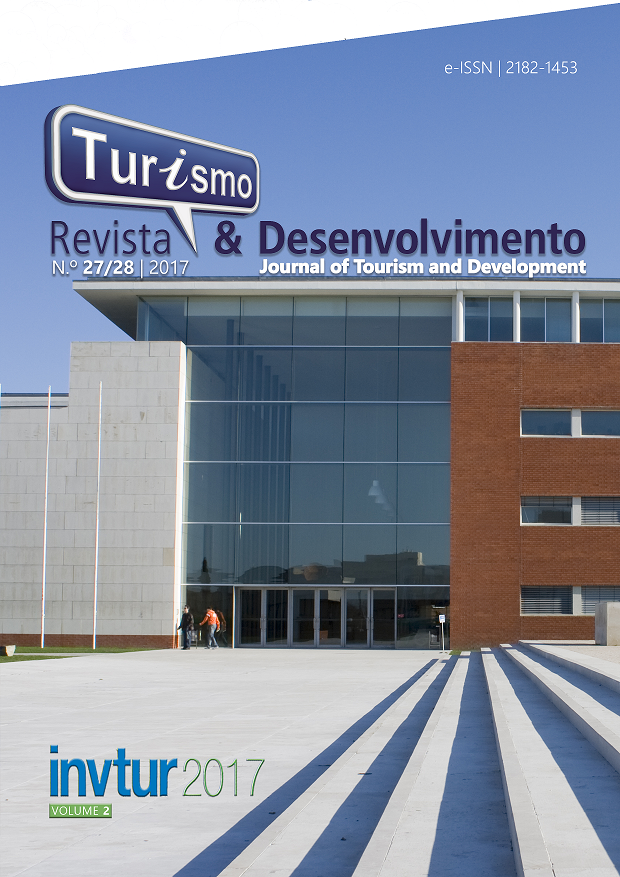O desenvolvimento sustentável no âmbito das pesquisas científicas do turismo: da assimilação acrítica ao declínio do modismo no Brasil?
Resumo
O presente artigo apresenta uma investigação sobre como o termo “desenvolvimento sustentável” (DS) foi utilizado por autores da área do turismo em idioma Português. Para isso, realizou-se uma análise quantitativa de 575 artigos publicados em 31 periódicos, durante o período de 1992 a 2016, que continham o termo “desenvolvimento sustentável” e, ou as palavras “sustentável” e, ou “sustentabilidade”. De maneira geral, observou-se que ocorreu um processo evolutivo do emprego dos termos, sendo possível identificar os períodos de surgimento (1992-2000), crescimento (2001-2008), auge (2009), estagnação/ oscilação (2010-2013) e declínio (após 2014). Em um segundo momento da pesquisa, foi feita uma análise qualitativa de 46 artigos que citavam o termo DS, no título ou nas palavras chave, e que estudaram alguma área do Brasil. Ao arrepio dos resultados encontrados por outros autores, constatouse a predominância de artigos que utilizaram abordagens qualitativas, em detrimento de abordagens quantitativas e mistas. Há indícios que sugerem que houve certa assimilação acrítica dos termos por alguns trabalhos e o desuso dos termos também pode ser devido ao surgimento de novos. Assim, estudos futuros poderão confirmar se as pesquisas sobre sustentabilidade e turismo sustentável se assemelham a um modismo passageiro ou se novas abordagens surgirão para amadurecer ou renovar os conceitos.





